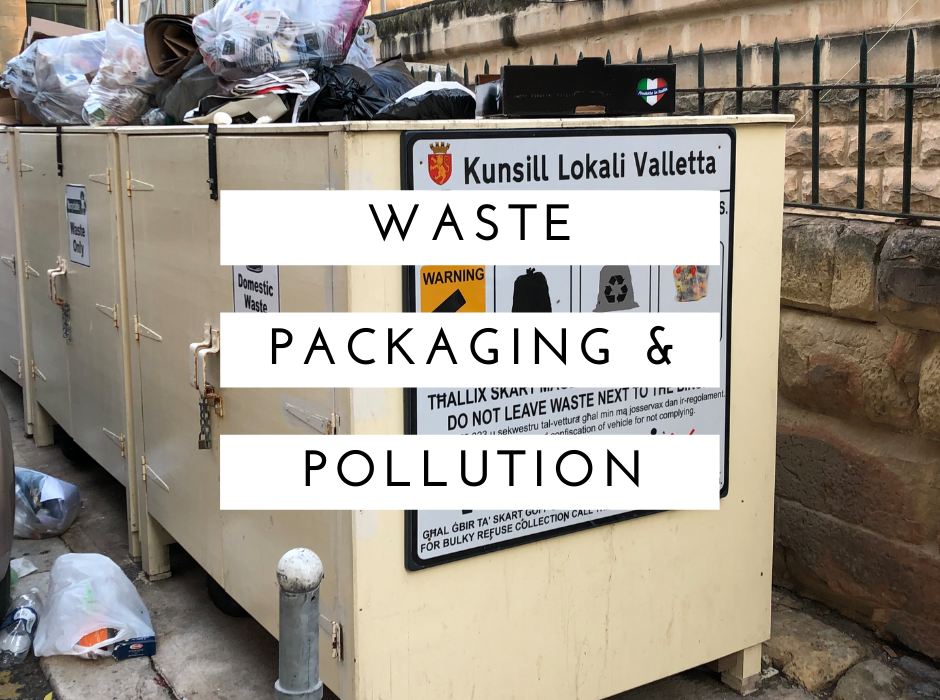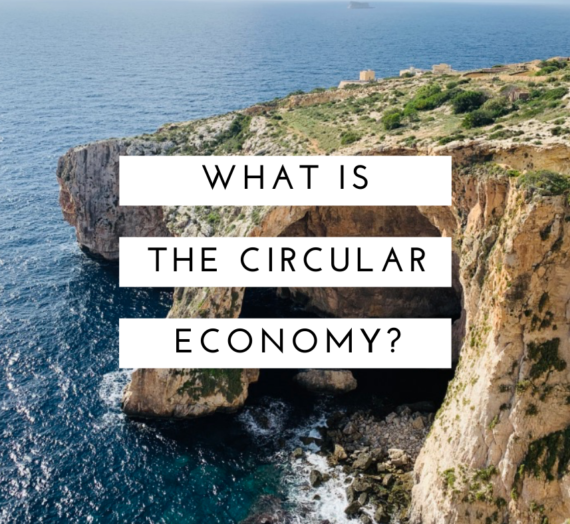When it comes to responsibility for waste, packaging and pollution, we need to shift the burden away from consumers and regular citizens. When we often can’t even get the average person to recycle or compost, it’s clear that we need to enact change at the governmental level.
When the only way for someone to get some plastic-free greens and vegetables is to wake up early on a Saturday, and take the bus to their local farmers market, with their own reusables containers in tow, it’s clear that we have a problem.
We need to make circular, sustainable systems the norm, not something that requires an exorbitant amount of effort from the regular person who has more pressing things to worry about.
Therefore, we need change to come from above. From the companies, and the governments regulating their actions. Some may say that this will make us uncompetitive, to enact broad regulations prohibiting packaging or forcing companies to retain control over their products. It might make goods more expensive, again placing a burden on the poorest and most vulnerable members of society.
However, I think it’s also important to consider the flip side of this argument. Rather than thinking of what we might lose from these policies, we ought to think of what we have to gain. To be a leader in sustainability and environmental issues. To keep more plastic and trash out of our natural environment. To improve our health by not drinking or consuming all of the microplastics that are currently being released into our waterways and ingested by beings lower on the food chain.
There’s a lot to lose. But I think there’s even more to gain. We need to step up and convince corporations and our governments that these are issues that we care about and start implementing changes sooner rather than later. Because though individual actions may help, they can’t solve these issues on their own. Whose problem is it? It’s all of ours.




